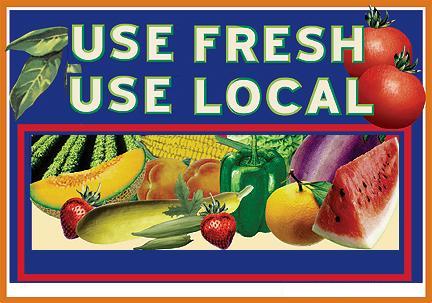
The disconnected Web… the future of web applications is "local". The line in between that separates "local" and "web-based" applications will continue to blur.
First Dojo Offline, now Google Gears, next Mobile…
The future of the (mobile) web applications will continue to move toward local; same concepts, different mechanisms — for mobile web it will be about local script-based, disconnected application, with access to local resources and capabilities, served and updated by web servers…
The user experience (from latency, cost of ownership/operation, to rich and media-rich user-interfaces) demands/enforces this path; it is the same reason why today mobile is about local applications (written in Java and native)… it is about delivering a better user experience… and this is the reason why future mobile web applications will follow the same path. It is the logical next step.
And this is especially true for mobile, including mobile web. While the tendency (thinking) about mobility is towards “always-on”, mobile will continue to be an “occasionally connected” environment. The ability to work disconnected is particularly useful, and necessary, on mobile in general. It is the natural evolution to "move to the edge".
Previously I wrote a piece about The Dojo Offline Toolkit, and its relationship to Mobile Web. Now Google has released Google Gears with their approach to web applications to run local:
- Store and serve application resources locally
- Store data locally in a fully-searchable relational database
- Run asynchronous JavaScript to improve application responsiveness
…it is part caching, part about storing the web application itself locally: the application scripts, and the supporting (framework) scripts, all local.
But for mobile web, we will see a tendency where such supporting scripts, both to support offline and local access will be part of the (local) browser runtime — it is about the web runtime:
"It's not about AJAX, or Widgets… it is about the mobile web “runtime”. The “runtime” is what makes thin clients dynamic and exciting. The “runtime” is what allows for client-side scripting, and AJAX, Widgets, and other methods not invented yet.
The “runtime” and consistency across (mobile web) “runtimes” is what is going to make mobile browsing what needs to be.
The (mobile web) “runtime” doesn't have to be the browser. This is especially true for mobile."
In addition to the ability to work disconnected or offline, there are other characteristics future browsers will and must exhibit, such as access to local capabilities beyond storage. See the Mobile Web FAQ for more information about this and other the Mobile Web information.
The future of web application is local… sounds ironic, doesn't it? …but it is true.
ceo
(Originally written on June 4, 2007)
Pingback: Resolving Device Fragmentation Issues - Mobile Web and Local Apps (and Google) « Austin Entrepreneur Network
Pingback: About Mobility » Blog Archive » Resolving Device Fragmentation Issues - Mobile Web and Local Apps (and Google)